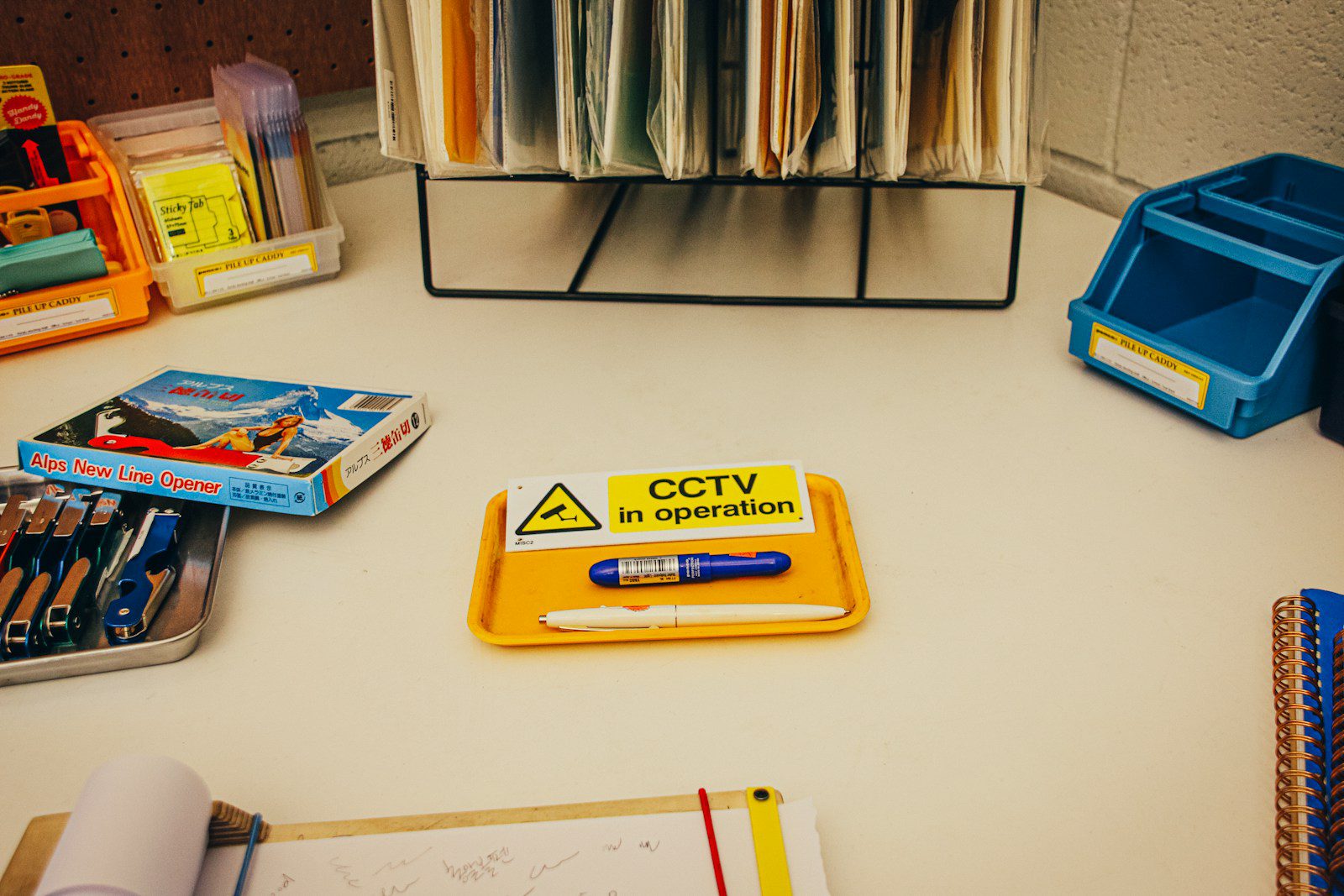Life is noisy. From morning to night, we’re bombarded with requests, distractions, and to-do lists that never seem to end. It’s easy to fall into the trap of thinking that doing more means being more productive. But here’s the paradox: the more we take on, the less impact we actually make.
The truth is, most of what we do isn’t essential. It fills our days but doesn’t drive meaningful progress or fulfillment. What if, instead of doing everything, you focused only on what truly mattered? Eliminating all but the absolute essential tasks isn’t about laziness—it’s about intentionality. It’s about freeing up your time, energy, and focus for the things that matter most.
Here’s how to simplify your life and create room for what truly moves the needle.
The Problem with “Busy”
In our culture, busyness is often equated with success. A packed schedule, endless emails, and constant multitasking can feel like proof that we’re achieving something. But the truth is, busyness often masks inefficiency.
Here’s what happens when we prioritize everything:
- We Burn Out: Spreading yourself too thin drains your energy and motivation.
- We Miss What Matters: By focusing on everything, we risk neglecting the few things that truly make a difference.
- We Settle for Mediocrity: When you’re trying to do it all, it’s hard to do anything well.
The solution? Ruthless prioritization.
What Are Absolute Essentials?
Essential tasks are the ones that align with your core goals and values. They’re the things that:
- Create the most significant results.
- Align with your personal or professional mission.
- Bring you the most satisfaction or growth.
The challenge is cutting through the noise to identify these essentials—and then having the discipline to let go of the rest.
How to Eliminate Non-Essential Tasks
Simplifying your to-do list isn’t just about doing less; it’s about doing the right things. Here’s how to start:
1. Get Clear on Your Priorities
Take a step back and ask:
- What are my most important goals?
- What tasks directly contribute to these goals?
Everything else is secondary. Clarity on your priorities makes it easier to distinguish the essential from the optional.
2. Use the 80/20 Rule
The Pareto Principle states that 80% of results come from 20% of efforts. Identify the tasks that fall into that 20%—the ones that generate the most significant outcomes—and focus on them.
3. Say No (and Mean It)
Every “yes” to something non-essential is a “no” to something important. Learn to say no politely but firmly to requests that don’t align with your priorities.
4. Batch and Delegate
For unavoidable non-essential tasks, minimize their impact:
- Batching: Group similar tasks (like emails or admin work) into a single time block to reduce context switching.
- Delegating: Assign tasks to others when possible, freeing yourself to focus on what only you can do.
5. Automate Repetitive Tasks
Technology can handle a surprising number of mundane tasks. Automate bill payments, use templates for repetitive emails, or schedule social media posts in advance.
The Emotional Challenge of Letting Go
Eliminating non-essential tasks isn’t just a practical challenge—it’s an emotional one. You might feel guilt for saying no or fear that letting go will make you seem lazy or uncommitted.
Here’s how to overcome those feelings:
- Reframe Your Thinking: Saying no to one thing means saying yes to something better.
- Focus on Quality: Remind yourself that doing fewer things allows you to do them with greater care and impact.
- Communicate Clearly: Let others know why you’re streamlining. Most people will respect your clarity and boundaries.
Simplifying in Practice
To put these ideas into action, try these practical steps:
- Audit Your To-Do List: Write down everything you’re working on. Then cross out anything that doesn’t align with your priorities.
- Create a “Not-To-Do” List: Identify habits, distractions, or commitments you’ll consciously avoid.
- Set Daily Intentions: Instead of tackling a long to-do list, choose one to three essential tasks to focus on each day.
The Ripple Effect of Doing Less
When you eliminate the non-essential, something magical happens. Your schedule opens up. Your energy returns. And most importantly, you begin to make meaningful progress on the things that truly matter.
By doing less, you:
- Regain Control: You’re no longer reacting to every demand, but proactively shaping your time.
- Create Space for Growth: With fewer distractions, you can focus on learning, creativity, and relationships.
- Achieve Excellence: Doing one or two things well is infinitely more satisfying than doing ten things half-heartedly.
A Final Reminder
Simplifying your life isn’t about being perfect—it’s about being intentional. It’s about recognizing that your time and energy are finite and choosing to invest them where they’ll make the biggest difference.
So, take a deep breath. Look at your to-do list. And ask yourself: What’s truly essential? Eliminate the rest, and watch as space, clarity, and focus begin to transform your days.
Because sometimes, less really is more.




